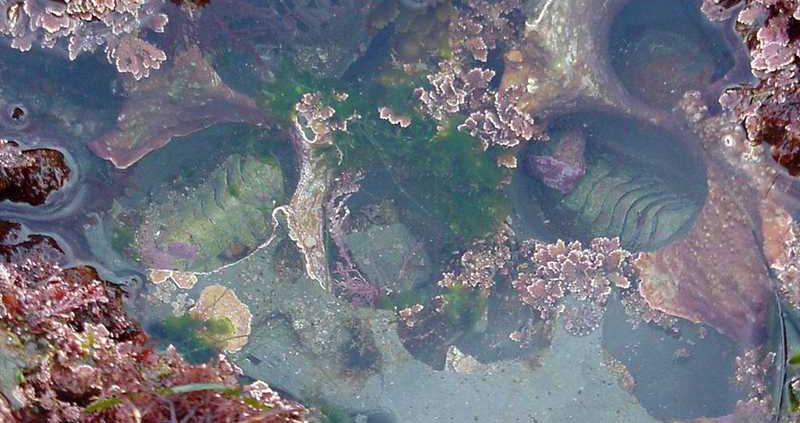FULLY FUNDED PH.D. OPPORTUNITY IN QUANTITATIVE COMMUNITY ECOLOGY
In the current context of global changes and increasing anthropogenic pressures on ecosystems, a central issue is to understand how ecological communities’ state changes in response to environmental variation. This thesis project aims at addressing the diversity of coastal benthic communities, the congruence of the communities’ temporal trajectories in response to varying environment, and the underlying processes that could explain congruence or incongruence of trajectories (synchronicity of communities’ state change, direction of change). Based on a 15-year dataset from four contrasted benthic coastal habitats communities collected in Brittany (France), the project will focus on functional diversity assessed using life history traits, and explore the prospects of increasing the range of traits and taxa used to characterize the diversity of coastal benthic communities. Through a network of regional, national and international collaborations the candidate will use and – if needed – develop new analytical techniques for multidimensional data allowing for direct comparison of temporal trajectories, testing hypotheses about the influence of habitat on communities’ temporal trajectories, and comparing results of analyses conducted at the level of different compartments (e,g, infauna vs epifauna), or using different descriptors of diversity (e.g., taxonomy, traits …). This thesis, will also seek to evaluate to what extent and in what ways results of statistical analyses can be impacted by missing data, a problem that is typical of monitoring system for macrobenthos communities which are vulnerable to occasional absence of planned observations. This project aims to answer fundamental ecological questions about community functioning at the regional level, but will also allow for methodological advances. These results will have direct societal benefits as they will lead to a better understanding and means of characterizing the ecological state of habitats and will allow improvements to be proposed to existing monitoring and surveillance programs.
LEMAR UMR6539 – Laboratoire des sciences de l’environnement marin, Institut Universitaire Européen de la Mer (IUEM), Université de Bretagne Occidentale (UBO), Brest, France
Supervisors:
CAM, Emmanuelle (emmanuelle.cam@univ-brest.fr; +33 (0)2 98 49 88 79)
GAUTHIER, Olivier (olivier.gauthier@univ-brest.fr, +33 (0)2 90 91 55 62)
GRALL, Jacques (jacques.grall@univ-brest.fr, +33 (0)2 98 49 86 31)
Apply online at (in French by default, click “Switch to English” for English form):
TAXONOMIC AND FUNCTIONAL TEMPORAL TRAJECTORIES OF ECOLOGICAL COMMUNITIES







